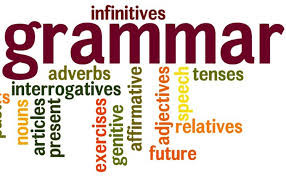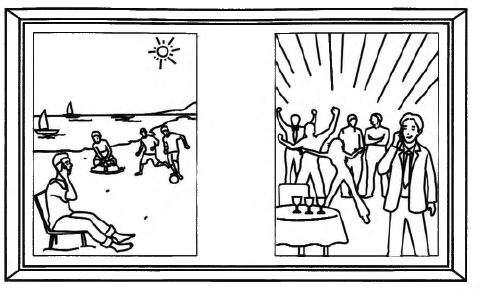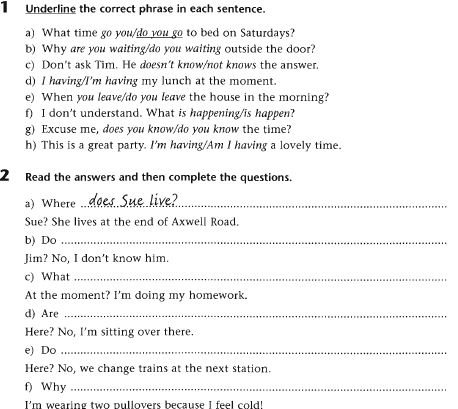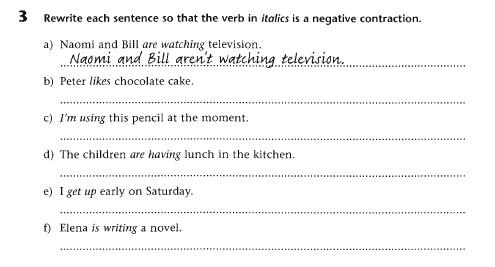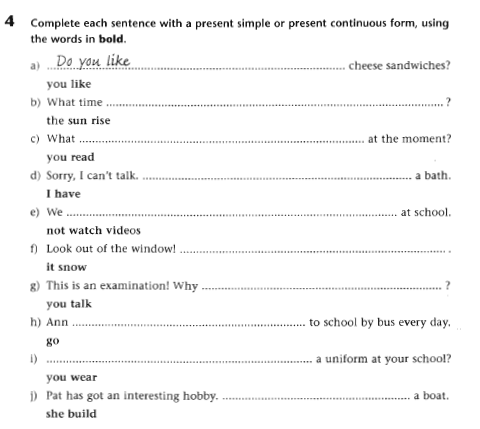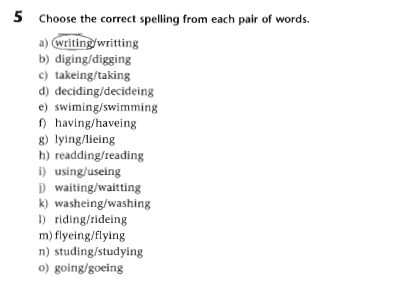Jacob’s playing tennis.

Is Jacob playing tennis now?
When did he start?
When will he finish?
• Amanda ’s eating lunch at the cafe.
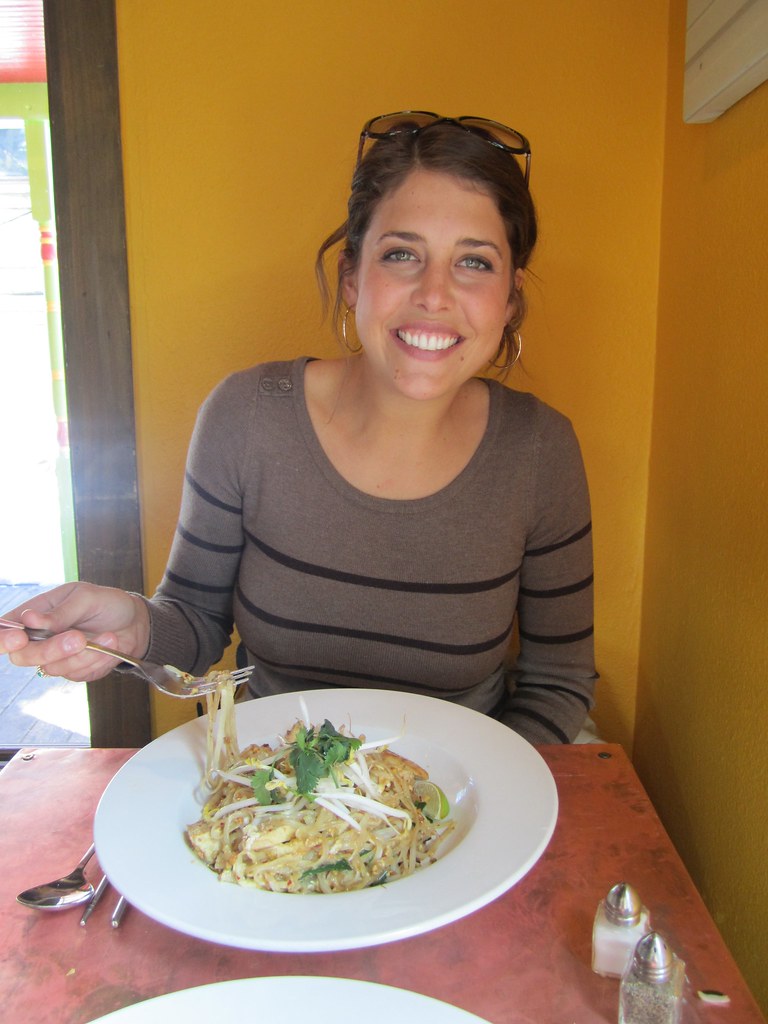
Is Amanda at work now?
Is Amanda in the café now?
When did she arrive at the café?
When will she leave the café?
We can use the present progressive to talk about. . .
1) things happening right at this moment, now
2) things happening around the current moment, though maybe not at the precise moment of speaking. Talking about temporary states and events in progress that are of limited duration - they started before now and will end sometime after now. Although temporary, the period of time could be short or long.
3) repeated actions over a temporary period.
4) changes over time - for situations that are developing or changing.
Match the sentences with the situations
A
Violent crime is increasing at an alarming rate.
The situation is changing all the time.
Property prices are still falling.
B
He’s teaching in room 32 this month.
We are closing at 3 pm all this week.
She’s always singing your praises.
C
I' m reading a book about American history.
She’s serving life for murder.
We are looking for writers.
D
I ’m waiting for you to answer.
I am calling from Reception
Form
I’m /I am
You /We / They /'re / are watching TV
He / She/ It 's / is

Meaning and use
The passive and active give two different windows onto the same event but they are not simply identically-meaning alternatives. When we choose to use the passive it is because we have a specific reason to do so.
Not mentioning the agent
We use the passive if we want to talk about what was done, perhaps without even mentioning the agent. This may be because . . .
